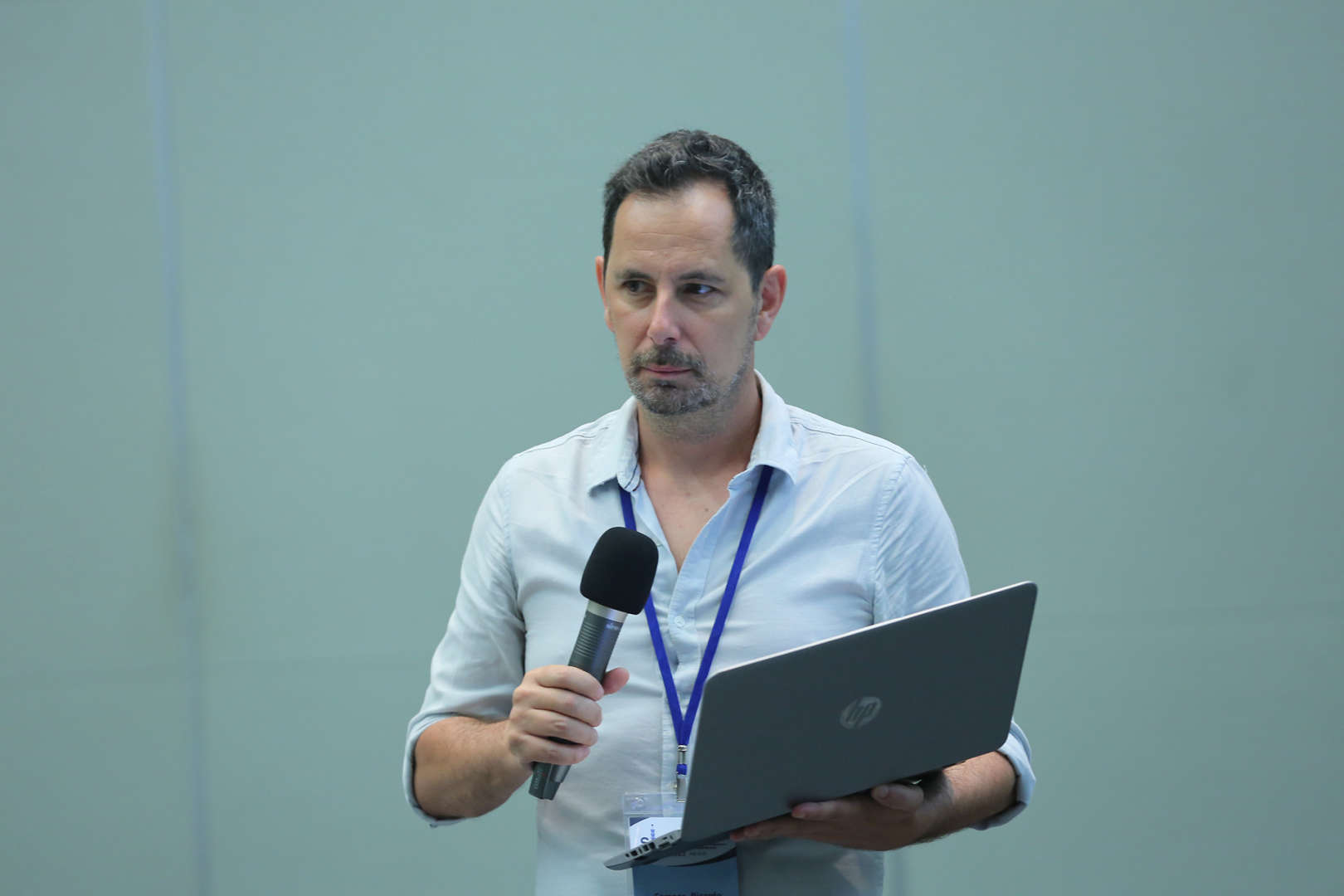About
Ricardo Campos is a Professor at the Universidade da Beira Interior (UBI) and lecturer at the Porto Business School (PBS). He is a senior researcher of LIAAD-INESC TEC, the Artificial Intelligence and Decision Support Lab of U. Porto, and a collaborator of Ci2.ipt, the Smart Cities Research Center of the Polytechnic Institute of Tomar. He is PhD in Computer Science by the University of Porto (U. Porto), being also a former student of the Universidade da Beira Interior (UBI). He has more than 10 years of experience in Information Retrieval (IR) and Natural Language Processing (NLP), period during which his research has been recognized with multiple awards in international conferences and scientific competitions. He is the leading author of the highly impactful YAKE! keyword extractor toolkit, of the Tell me Stories project and of the Arquivo Público, among other software. His current research focuses on developing methods concerned the process of narrative extraction from texts. He has participated in several research projects and is particularly interested in practical approaches regarding the relationship behind entities, events and temporal aspects, as a means to make sense of unstructured data. He is an editorial board member of the International Journal of Data Science and Analytics (Springer) and of the Information Processing and Management Journal (Elsevier), co-chaired international conferences and workshops, and is a regular member of the scientific committee of several international conferences. He is also a member of the Scientific Advisory Forum of the Portulan Clarin - Research Infrastructure for the Science and Technology of Language. For more info please click here.


